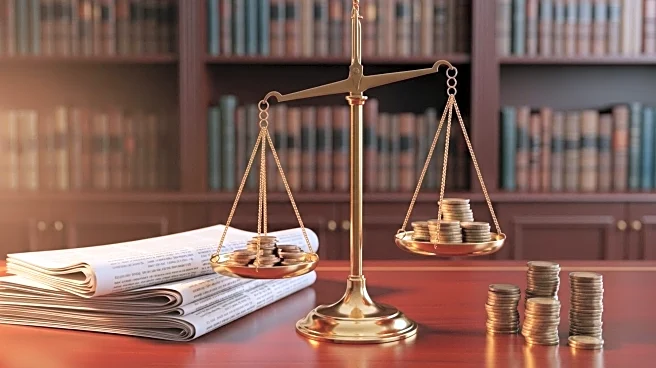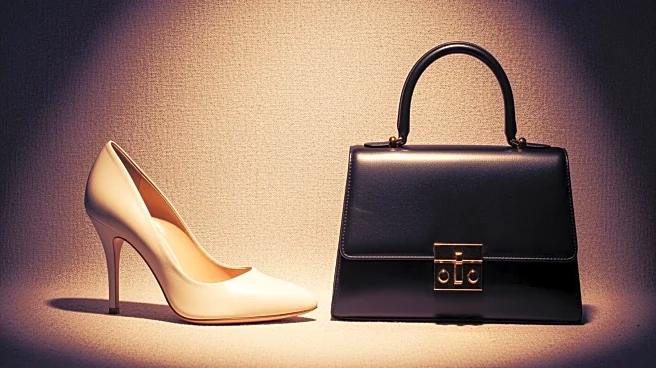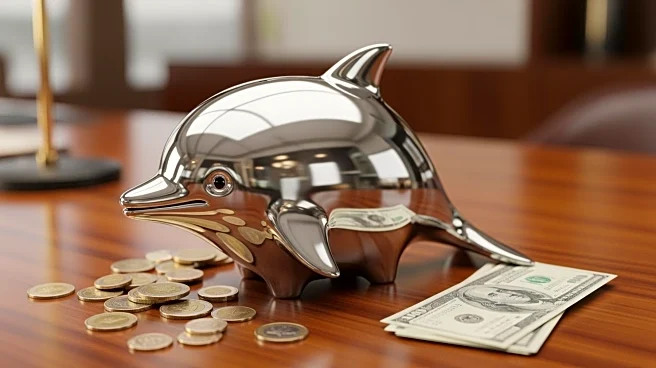What's Happening?
Lynn Forester de Rothschild, a prominent figure in the Rothschild banking dynasty, has decided to sell her family's 26.7% stake in The Economist, valued at approximately $537 million. This move marks the end of the Rothschilds' two-decade involvement with the influential magazine. The sale process, led by investment bank Lazard, has formally commenced in London. The Economist's ownership structure includes Exor, the Agnelli family's investment firm, holding 43.4%, and The Economist Group owning about 30%. The sale is expected to attract interest from family offices, strategic investors, and wealthy individuals, rather than large corporate media groups.
Why It's Important?
The sale of the Rothschilds' stake in The Economist could significantly alter the landscape of media ownership, particularly in the realm of elite English-language news outlets. The Economist is known for its editorial independence, safeguarded by ownership rules limiting any single shareholder to 20% of voting rights. This transaction highlights the ongoing global competition for prestigious media brands, with recent acquisitions by international buyers, especially from Asia. The outcome of this sale could influence the magazine's future editorial direction and its role in promoting free markets and liberal democracy.
What's Next?
Potential buyers will need to adhere to The Economist's ownership rules, ensuring no single entity controls more than 20% of voting rights. This safeguard is enforced by independent trustees to maintain editorial independence. The sale is likely to draw interest from various stakeholders, including family offices and strategic investors. The transaction could lead to shifts in the magazine's strategic priorities and influence its educational initiatives, such as the Economist Educational Foundation, which provides free classroom materials to foster critical-thinking skills.
Beyond the Headlines
The Rothschilds' decision to sell their stake in The Economist may reflect broader trends in media consolidation and the increasing influence of private investors in shaping media narratives. The sale could also impact the magazine's philanthropic efforts, particularly its support for educational programs. As media ownership becomes more concentrated, questions about editorial independence and the role of media in democratic societies may arise, prompting discussions on the ethical implications of such transactions.










